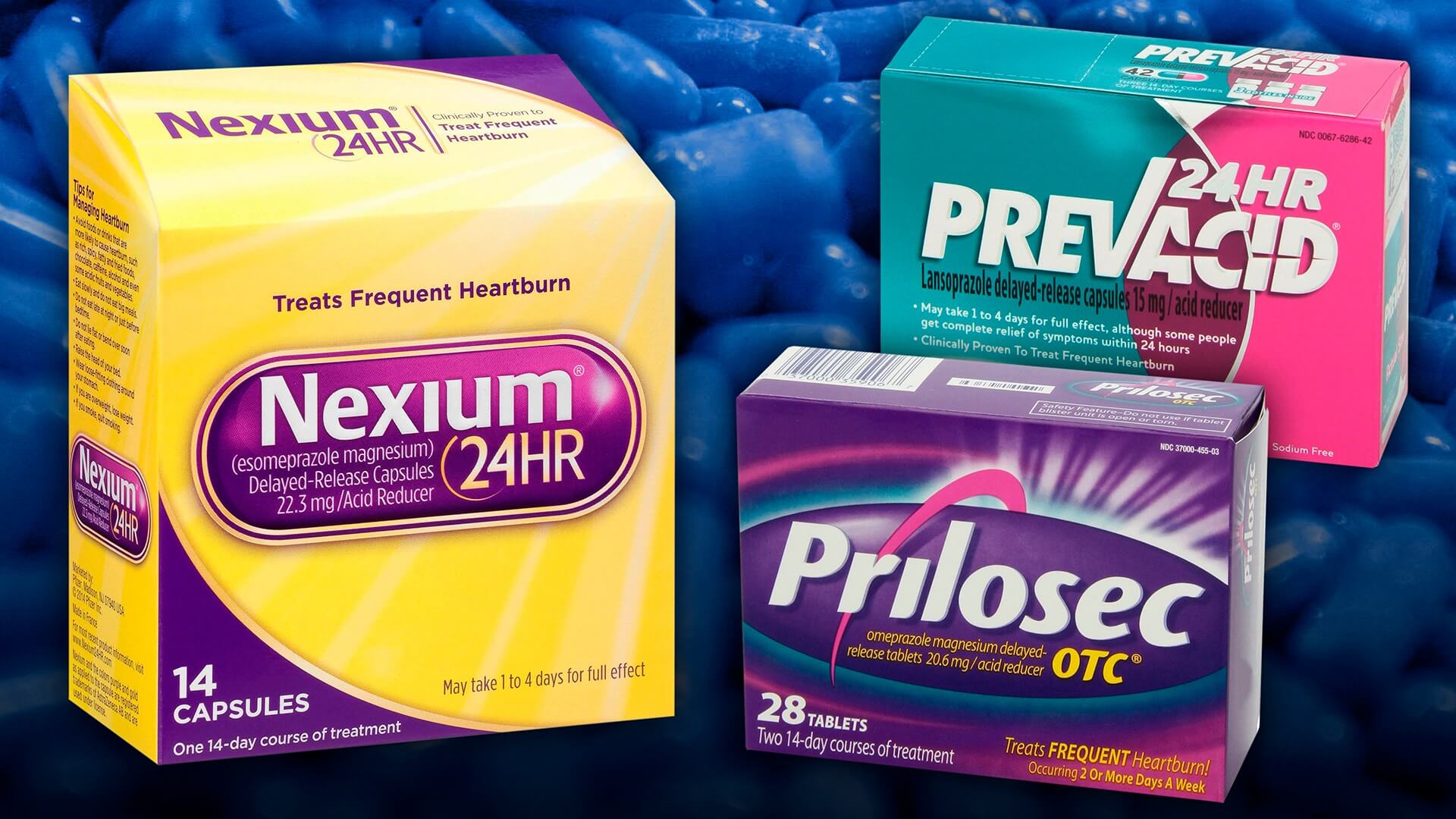Studies over the past year have shown common heartburn drugs like Nexium and Prilosec have a long laundry list of dangerous and debilitating side effects. More than 15 million Americans use these drugs everyday to manage heartburn symptoms, but some believe the drugs’ benefits don’t outweigh the risks. A study published in JAMA Neurology found a link between heartburn drugs and dementia in elderly patients.
The study looked at more than 73,000 elderly patients, some of whom regularly used heartburn medications like Nexium and Prilosec, and some who did not. Researchers discovered elderly patients taking heartburn medications were 44% more likely to end up with dementia than patients who did not take the drugs.
Researchers carefully pointed out the study did not establish cause and effect, but the results were so startling, they beg further study to properly understand the connection between heartburn drugs and dementia.
However, studies take time to produce results. Should elderly patients wait to exercise caution when taking heartburn drugs until the link has been firmly established? Doing so could cause many patients to suffer unnecessarily from dementia.
But dementia isn’t the only side effect elderly patients need to consider. Taking heartburn drugs also increases the risk of suffering gastrointestinal infections. The body’s first defense against infections like the stomach flu is the acidity in the stomach, but because heartburn drugs decrease the amount of acid in the stomach, heartburn drug patients are particularly susceptible.
This is especially true for elderly patients because they often already suffer from weakened immune systems, so they are more likely to experience a hospitalization from the stomach flu than patients who don’t take heartburn drugs.
And these are only two of the side effects patients need to look out for. Drugs like Nexium and Prilosec can cause bone loss, blood toxicity, and even kidney damage.

